Our Stories
Philanthropy is a process of discovery. Supporters and scholars learn and grow together. These stories illustrate the meaningful relationships that enrich our campus community and beyond.
Discover what inspires our community of supporters.
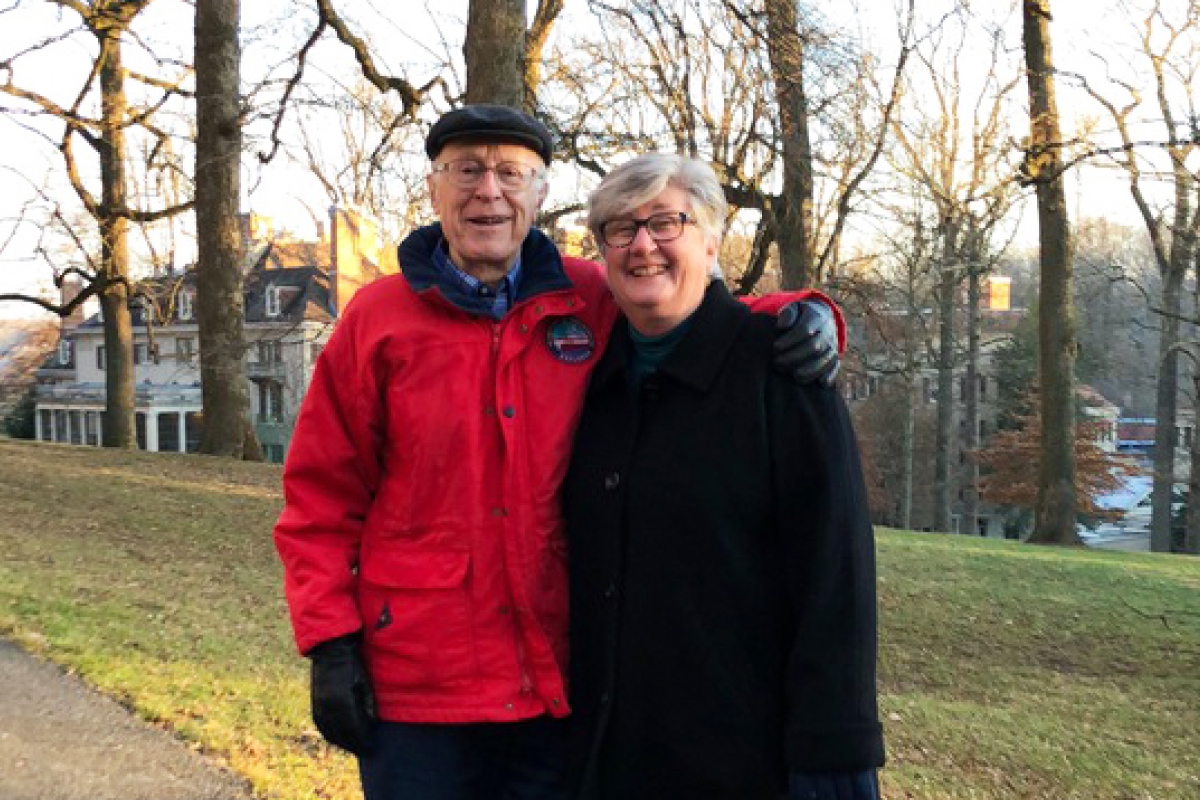
For the Love of Listening
Harry Smith Glaze Jr.’s remarkable collection of more than 2,000 rare opera recordings is available at UC Santa Barbara, where it will be preserved and shared through the Library’s Performing Arts Collection thanks to his daughter, Cathy. She also established the Harry Smith Glaze Jr. Fund for the Performing Arts to ensure its long-term care and accessibility.
Continue Reading For the Love of Listening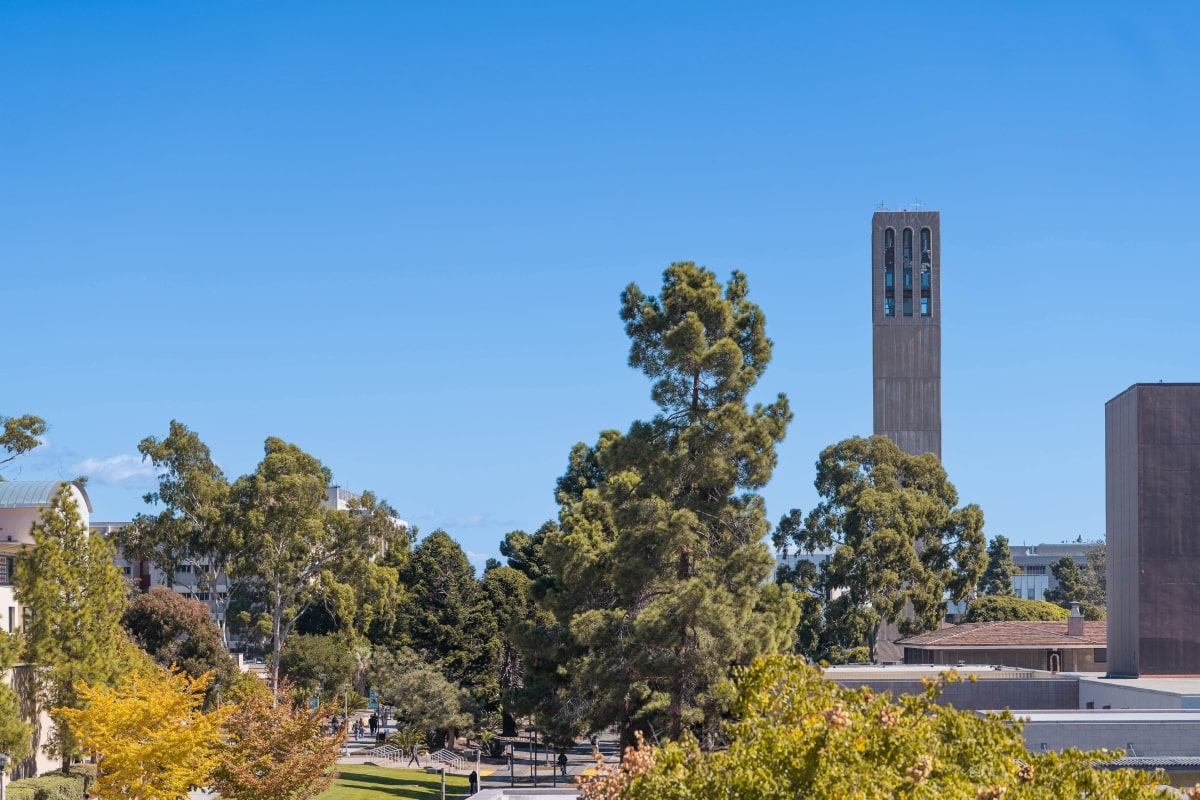
In Their Names
David McDonald ’85 has created four named scholarships and an endowed fund for the UCSB Library to honor his family's lives. His gifts ensure lasting financial support for students, connecting his family’s legacy to future generations.
Continue Reading In Their Names
When a Home Becomes a Legacy
When Erika Davis decided to downsize, she turned her home into an opportunity to help students. Through a charitable gift annuity with UC Santa Barbara, she secured her retirement, created the Richard and Erika Davis Scholarship, and left a lasting legacy for students.
Continue Reading When a Home Becomes a Legacy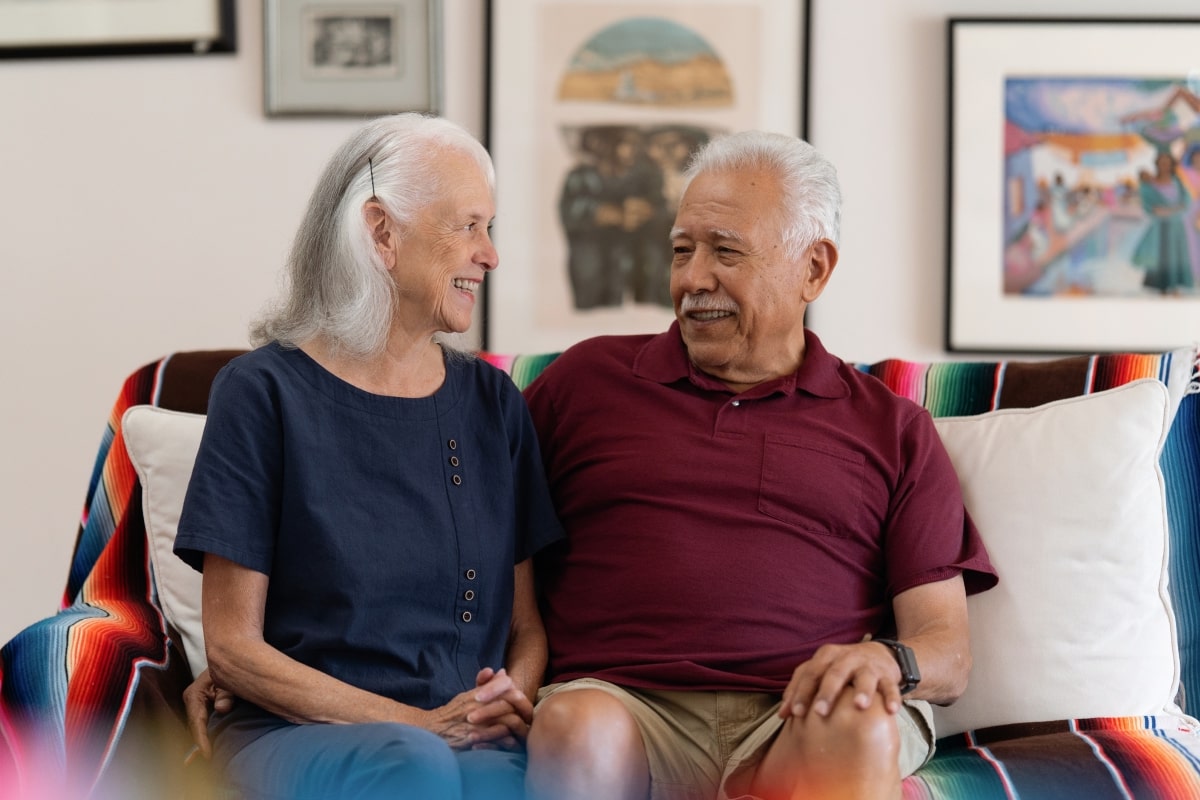
Preserving Campesino Culture
Gilbert García H’90 and Marti Correa de García have donated 61 Mexican prints to UC Santa Barbara’s Art, Design, & Architecture Museum, honoring the resilience and collectivism of campesino culture. Their gift, along with endowed support for research and exhibitions, preserves the stories of migrant farmworkers and celebrates their enduring contributions.
Continue Reading Preserving Campesino Culture
Beyond the Classroom
Matthieu ’87 and Marie-Anne Duncan are expanding hands-on learning through their support of the Division of Social Sciences Dean’s Investment Group and Education Abroad Program. Their generosity gives students the chance to apply classroom knowledge, from managing investments to studying in France.
Continue Reading Beyond the Classroom
Access for All
The ¡Viva el Arte de Santa Bárbara! endowment is securing a vibrant future for free, bilingual arts programming across Santa Barbara County. Its community of philanthropy ensures that performances celebrating Latin American music and culture will continue to inspire connection, pride, and access to the arts in perpetuity.
Continue Reading Access for All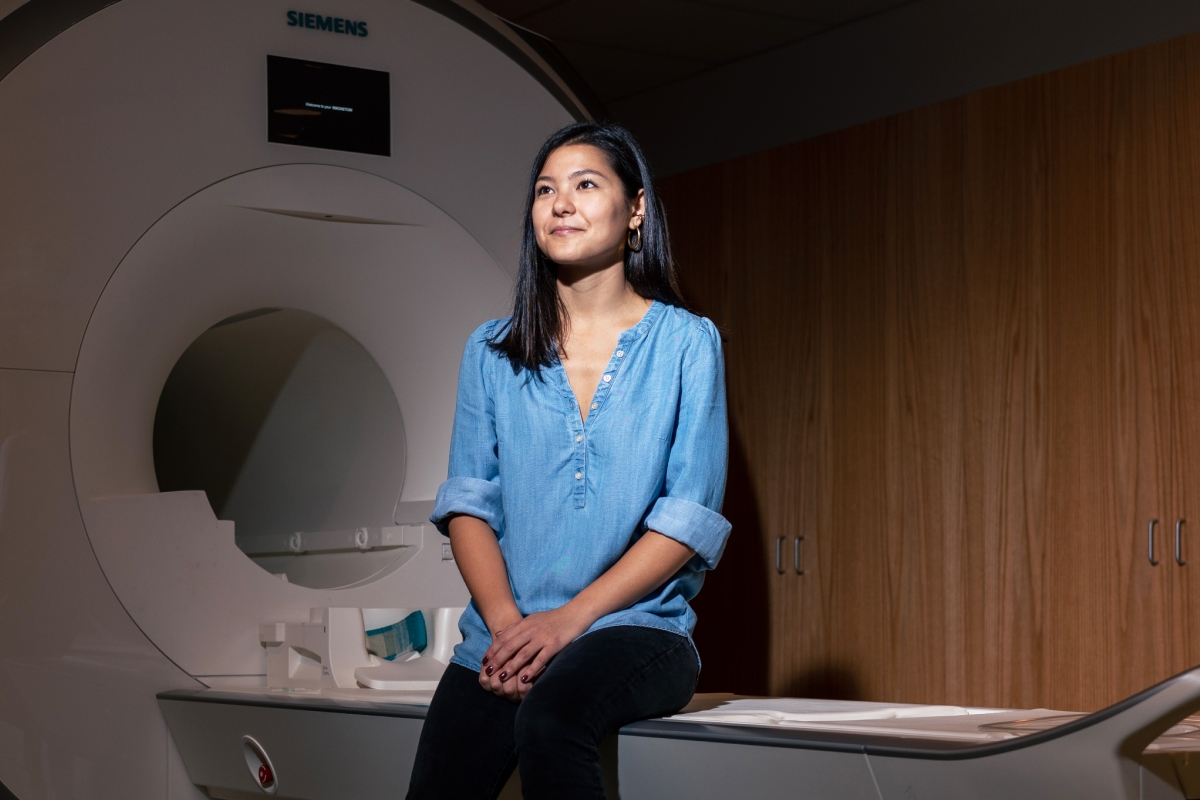
Study Women
Investment from the Robert N. Noyce Trust and the Chan Zuckerberg Initiative is empowering the Ann S. Bowers Women’s Brain Health Initiative at UC Santa Barbara to close the gender gap in neuroscience. Their support fuels groundbreaking, collaborative research to transform our understanding of how the brain changes across a woman’s life.
Continue Reading Study Women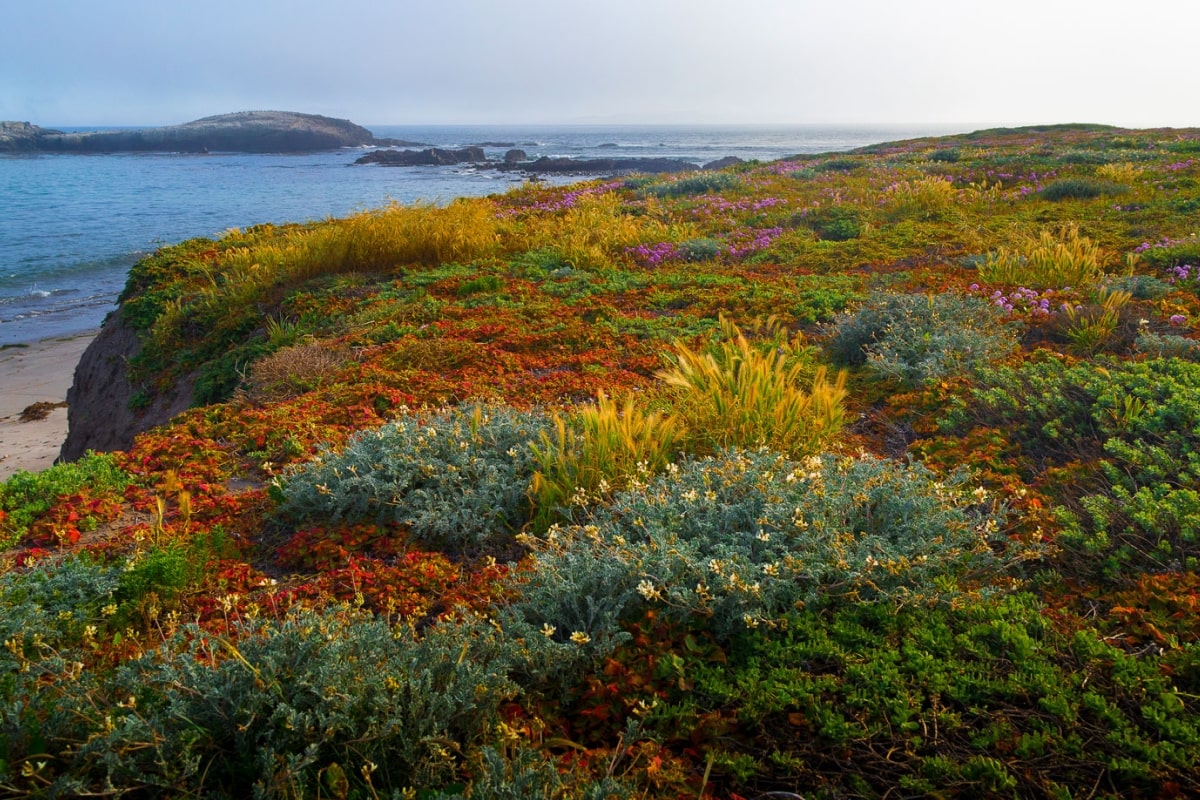
Stone Soup
Mercedes Millington, Alec and Claudia Webster ’75, and Peter Schuyler help to expand access to UC Santa Barbara’s Santa Cruz Island Reserve. Thanks to their collective support of field-station improvements and education opportunities, every visitor can experience the island’s beauty and contribute to its preservation.
Continue Reading Stone Soup
The Flywheel Effect
Chuck and Missy Sheldon and Loi and Adele Nguyen have established endowed chairs to advance innovation and entrepreneurship in UC Santa Barbara’s Department of Technology Management. Their gifts are part of the broad base of support that has transformed the department into a powerhouse of entrepreneurship and business education.
Continue Reading The Flywheel Effect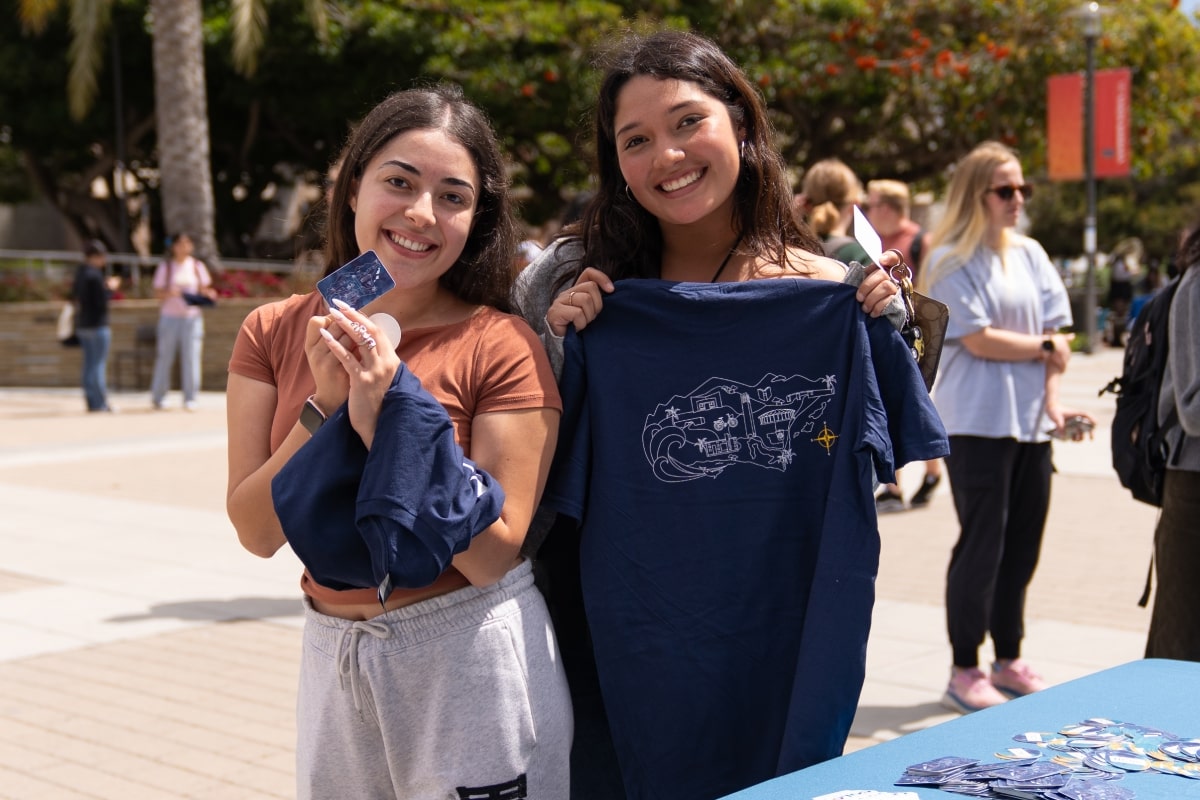
The Magic Number
Through Give Day, UCSB raises support for campus, engages alumni and models philanthropy for current students. It’s an opportunity for areas to rally alumni, friends, parents, staff and faculty. On April 10, the Gaucho community celebrated our sixth annual UCSB Give Day! Donors made 3,712 gifts — a 5% increase over last year — and raised $6,661,690 for the programs and opportunities that make UC Santa Barbara a top public university.
Continue Reading The Magic Number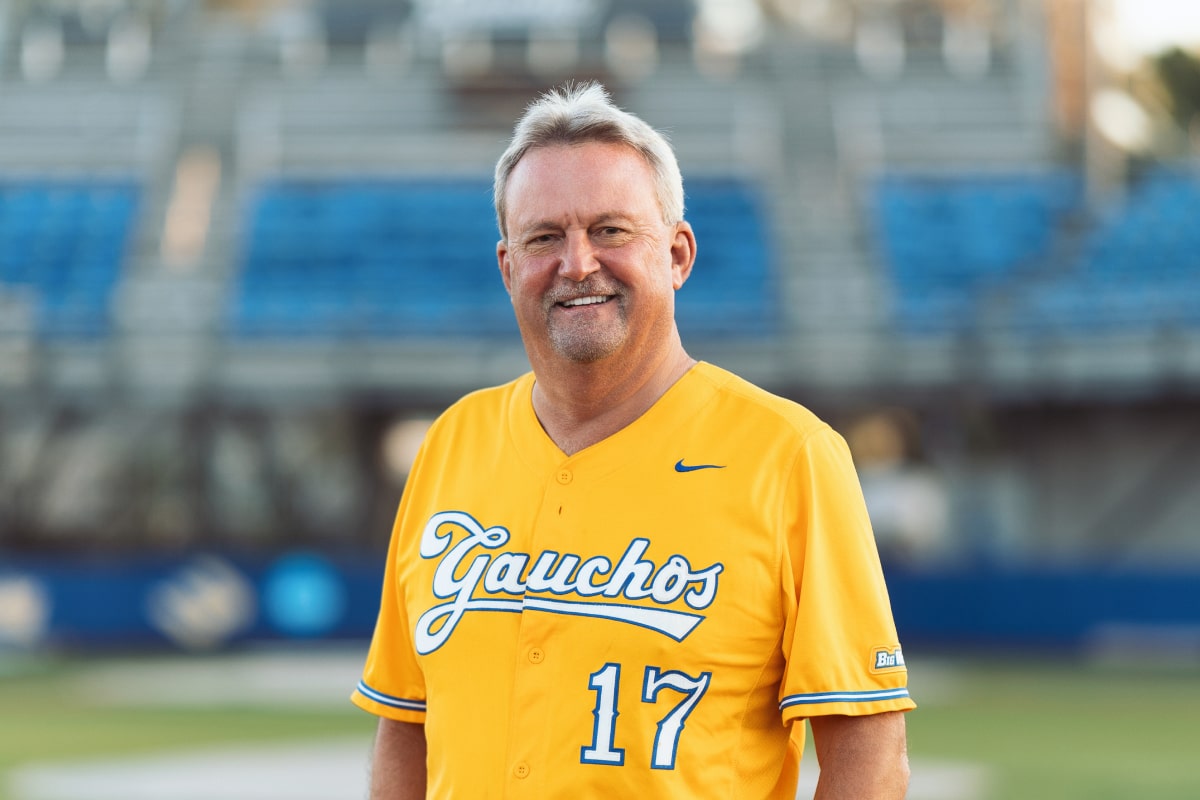
"Chomaha!"
John Davis (JD) ’82,’84 passionately supports UC Santa Barbara Baseball as a trustee and long-time advocate. He launched the Chomaha Fund in 2021 to strengthen community support and designated a bequest to ensure the program's future. His efforts have expanded the team’s donor base, improved facilities, and helped UCSB Baseball achieve success, including multiple Big West Championships and NCAA appearances. JD’s legacy gift and mentorship continue to impact players.
Continue Reading "Chomaha!"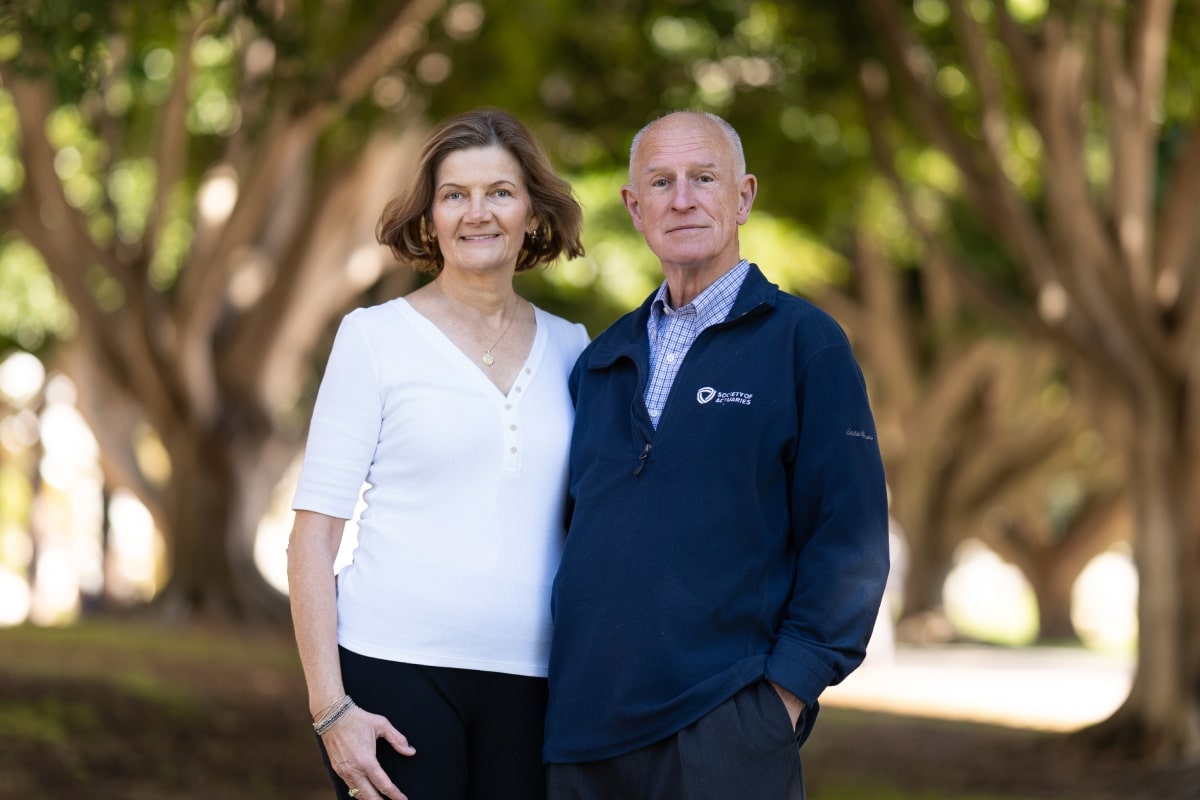
A Founding Innovator
Dr. Ian Duncan has created and sold multiple healthcare data analytics companies. With the proceeds, he established an endowed chair for the UCSB Department of Statistics and Applied Probability. He is a founding member of the UC Santa Barbara Innovators Circle, a network of entrepreneurs who share expertise and take a pledge to support campus.
Continue Reading A Founding Innovator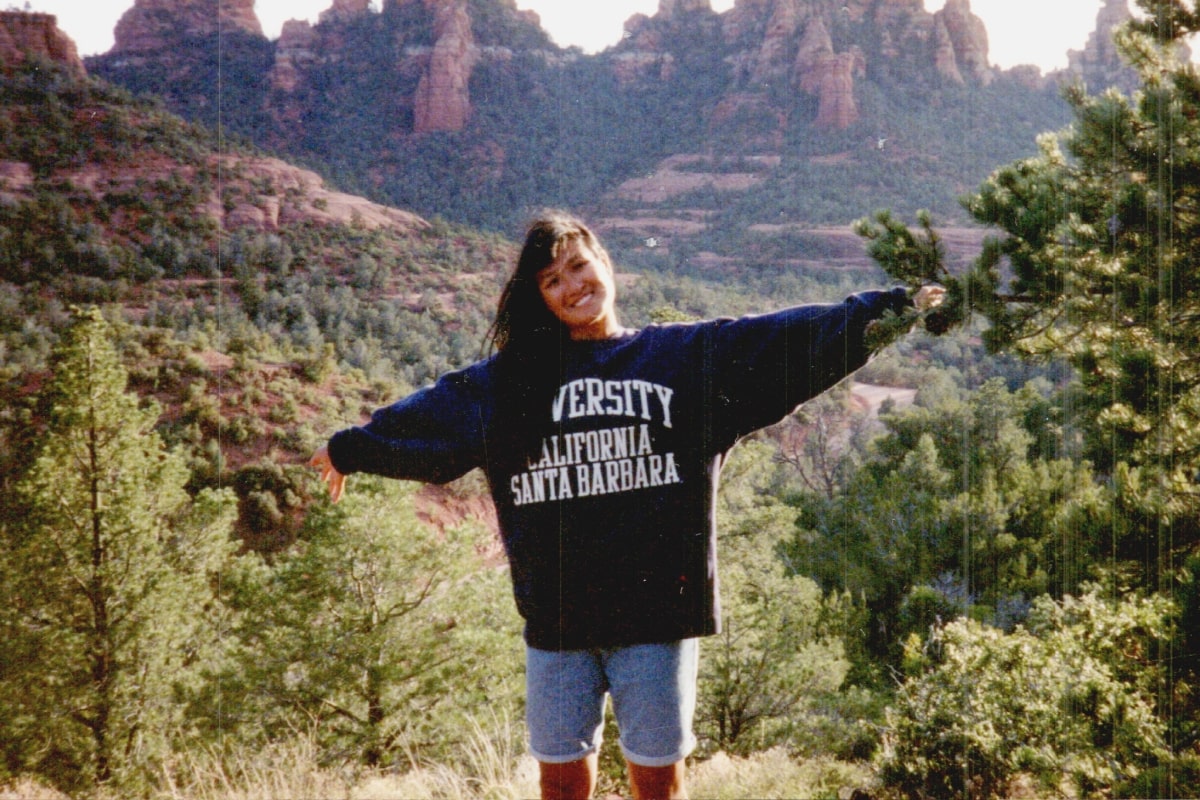
An Intellectual Home
Jennifer Ho ’92 found her future in UC Santa Barbara's Asian American studies classes. She is now the director of the Center for the Humanities & the Arts at the University of Colorado Boulder, where she teaches classes on Asian American culture and Critical Race Theory. Jennifer hopes her bequest to the UCSB Department of Asian American Studies will provide stability and flexibility for the department.
Continue Reading An Intellectual Home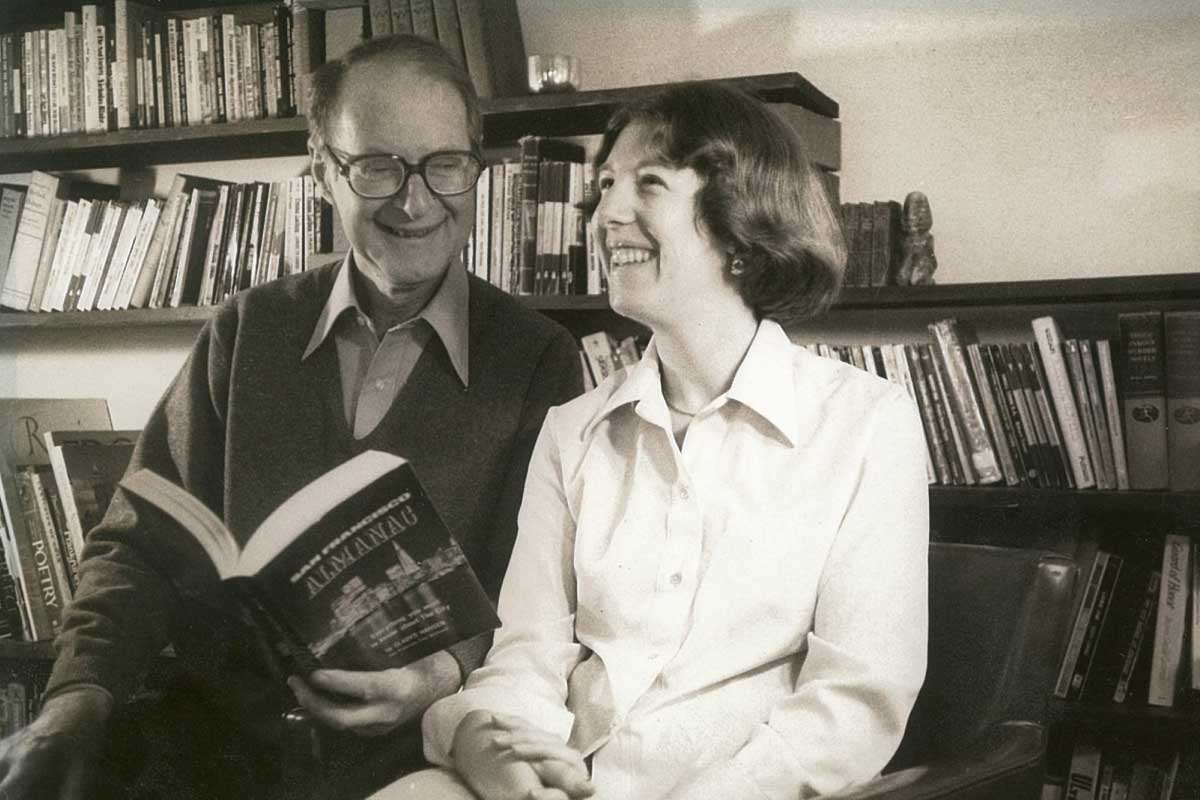
A Legacy of Inquiry
Ann Fingarette Hasse created the Leslie S. and Herbert Fingarette Endowment to honor her parents and support UC Santa Barbara philosophy graduate students, enabling them to present research at conferences. Her gift continues UCSB Professor Herbert Fingarette’s legacy of curiosity-driven scholarship. Ann’s endowment fosters the same intellectual exploration that her father championed.
Continue Reading A Legacy of Inquiry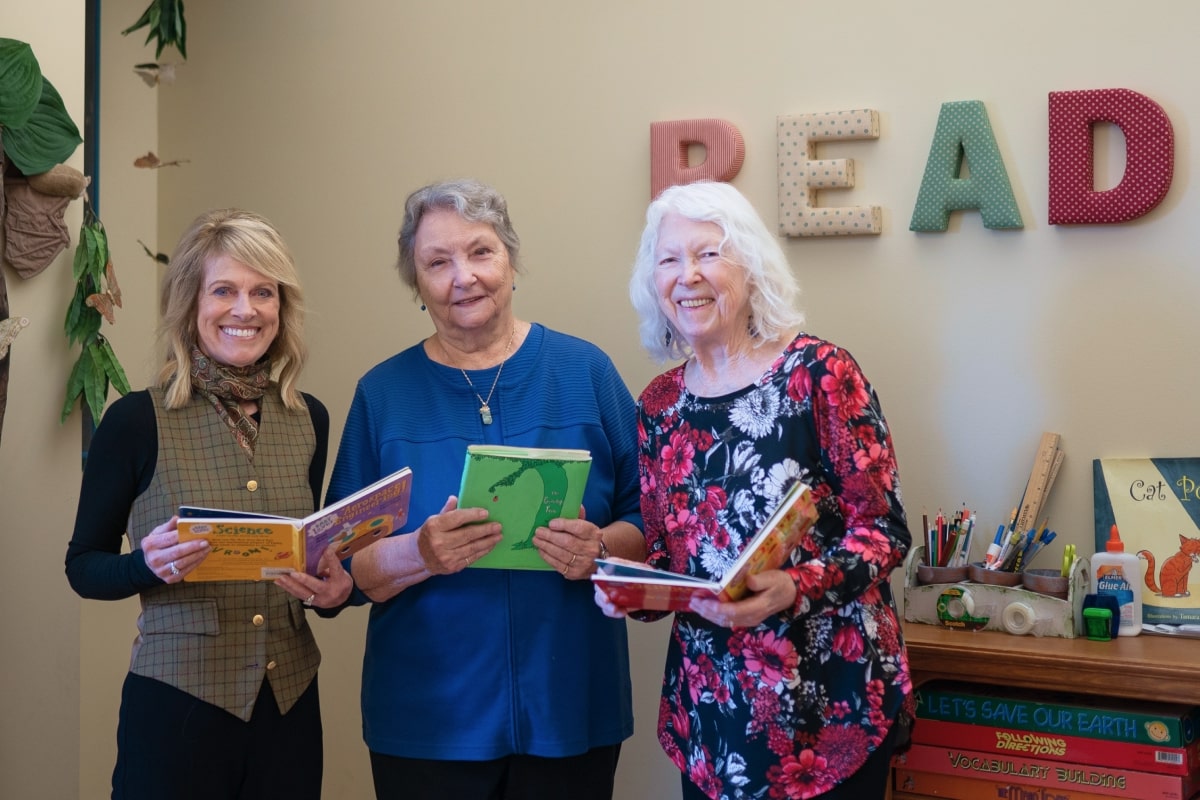
Literacy Luminaries
Professor Emerita Carol Dixon founded the UCSB Reading Clinic in 1973 and mentored many students whose impact has rippled throughout the classrooms and communities they served. Of these students, two accomplished educators — Ann Kaganoff ’75,’81 and Tina Hansen McEnroe ’89 — have joined Carol in philanthropic commitments to shape the work of literacy education at the Gevirtz Graduate School of Education.
Continue Reading Literacy Luminaries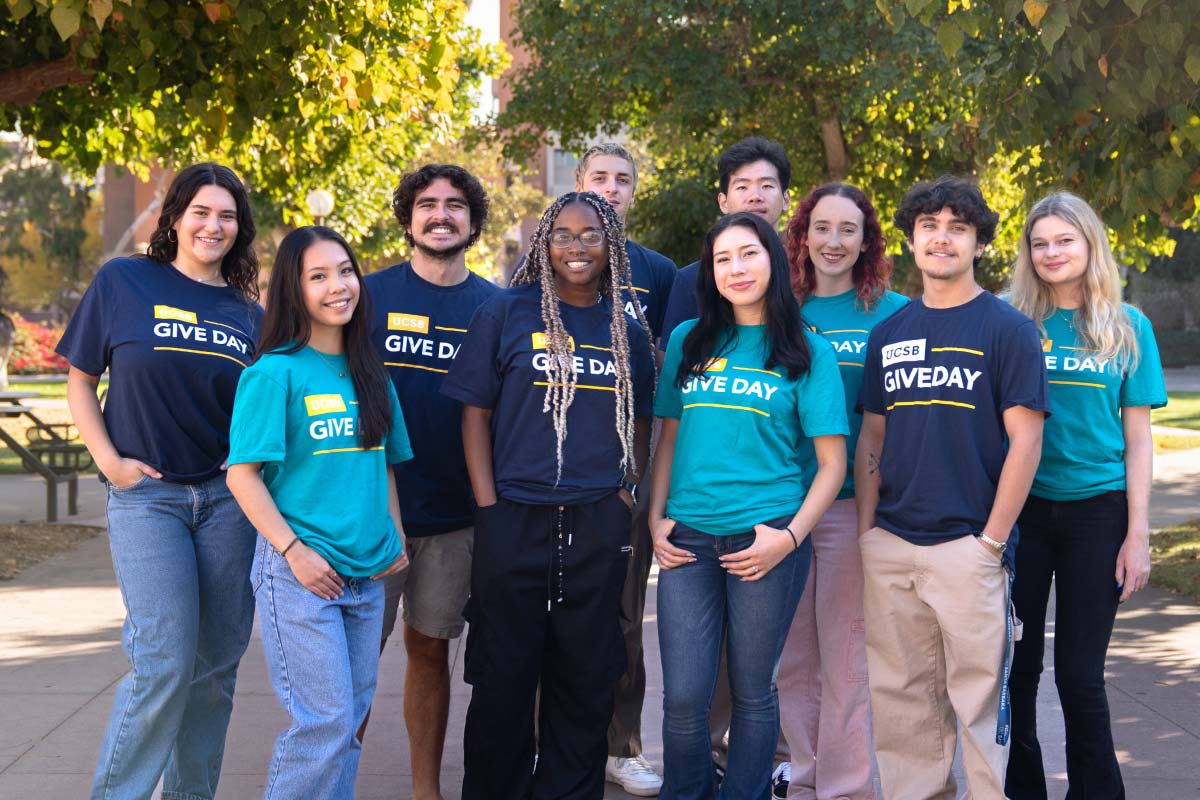
High Five
The UC Santa Barbara community collectively raised $6,511,450 through 3,537 gifts on UCSB Give Day 2024, breaking all records and solidifying its place as a celebrated campus tradition. When the clock struck midnight on April 11, the excitement began. The following 36 hours passed in a rush of generosity and camaraderie. Alumni, parents and friends set the tone with matching gifts and participation challenges.
Continue Reading High Five